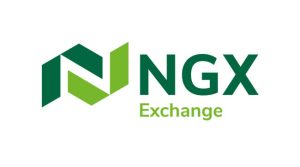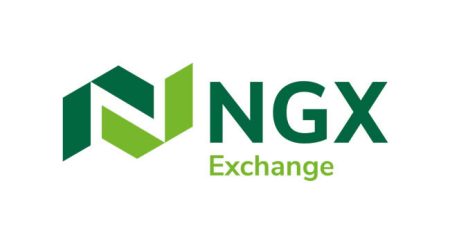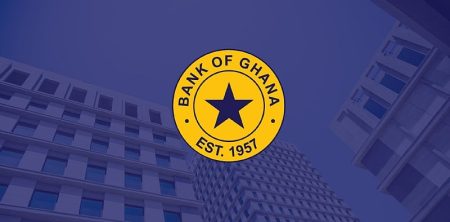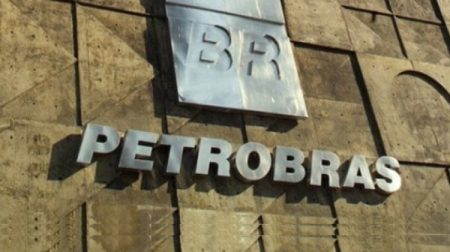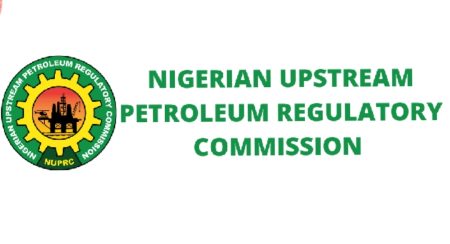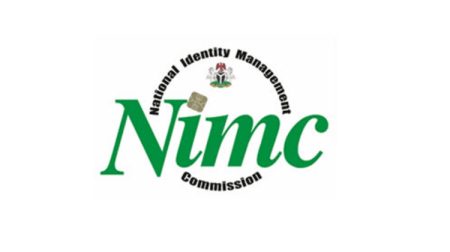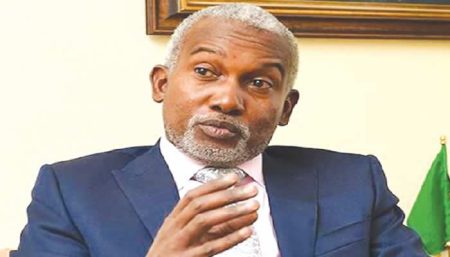The Ghana Gold Board (GoldBod) has issued a stern ultimatum to all gold traders operating within the country: secure a valid license by June 21, 2025, or face prosecution. This decisive declaration, announced by GoldBod’s Chief Executive Officer, Sammy Gyamfi, during a meeting with the Chamber of Licensed Gold Buyers, underscores the government’s unwavering commitment to formalizing and regulating the gold trading sector. The deadline represents the culmination of a grace period previously extended to traders, signifying the end of leniency and the beginning of stringent enforcement. Gyamfi emphasized that this measure is crucial for the well-being of the Ghanaian people and that any obstruction to its implementation will be met with the full force of the law. He urged all stakeholders to comply with the licensing requirement, emphasizing that legitimate gold trading can only occur within the framework of established regulations.
This directive marks a critical turning point in Ghana’s efforts to sanitize the gold trading industry, long plagued by illicit activities that deprive the nation of substantial revenue and undermine its economic stability. The move aims to establish a transparent and accountable system, ensuring that gold trading contributes meaningfully to national development. The mandatory licensing regime is expected to bring a multitude of benefits, including increased revenue collection, improved traceability of gold transactions, and a reduction in illegal mining and smuggling activities. By creating a level playing field for legitimate traders, the initiative will also foster a more competitive and sustainable gold trading sector. The GoldBod’s firm stance reflects a growing recognition that unregulated gold trading poses significant risks to both the economy and the environment.
The Chamber of Licensed Gold Buyers has expressed its full support for the GoldBod’s initiative, echoing the call for all gold traders to obtain the necessary licenses before the deadline. Kwaku Amoah, CEO of the Chamber, emphasized that this second extension should be viewed as the final opportunity for traders to regularize their operations. The Chamber’s endorsement reinforces the collaborative approach adopted by the GoldBod, recognizing the importance of engaging all stakeholders in the pursuit of a well-regulated gold trading sector. This collaborative spirit is crucial for ensuring the successful implementation of the licensing regime and achieving its intended outcomes.
The enforcement campaign spearheaded by the GoldBod is a multi-pronged strategy designed to tackle the multifaceted challenges facing the gold trading industry. It aims to eliminate illegal trading practices by creating a clear legal framework for gold transactions. This involves tightening regulations, strengthening monitoring mechanisms, and enhancing collaboration with relevant agencies, both domestic and international. By bolstering its regulatory capacity, the GoldBod aims to effectively monitor gold trading activities, identify and prosecute illegal operators, and ultimately create a more transparent and accountable industry. The success of this campaign hinges on the cooperation of all stakeholders, including gold traders, mining companies, and regulatory bodies.
Beyond its economic implications, the GoldBod’s directive also carries significant environmental implications. Illegal gold mining, often associated with unregulated trading, has devastating consequences for Ghana’s environment, including deforestation, water pollution, and land degradation. By clamping down on illegal trading, the GoldBod aims to indirectly curb illegal mining activities, thereby protecting the country’s natural resources and mitigating the environmental damage caused by these unsustainable practices. The licensing regime is thus seen as a crucial step towards achieving a more sustainable and environmentally responsible gold mining sector.
In essence, the GoldBod’s ultimatum represents a decisive move towards a more regulated and transparent gold trading sector in Ghana. By enforcing mandatory licensing, the government aims to curtail illegal trading, enhance revenue collection, and protect the environment. The collaborative approach adopted by the GoldBod, involving engagement with industry stakeholders like the Chamber of Licensed Gold Buyers, underscores the importance of collective action in achieving these objectives. The June 21, 2025 deadline marks a crucial juncture in Ghana’s journey towards a more sustainable and prosperous gold trading industry, one that benefits both the economy and the environment. The GoldBod’s unwavering commitment to enforcing this directive signals a new era of accountability and transparency in the Ghanaian gold market.




